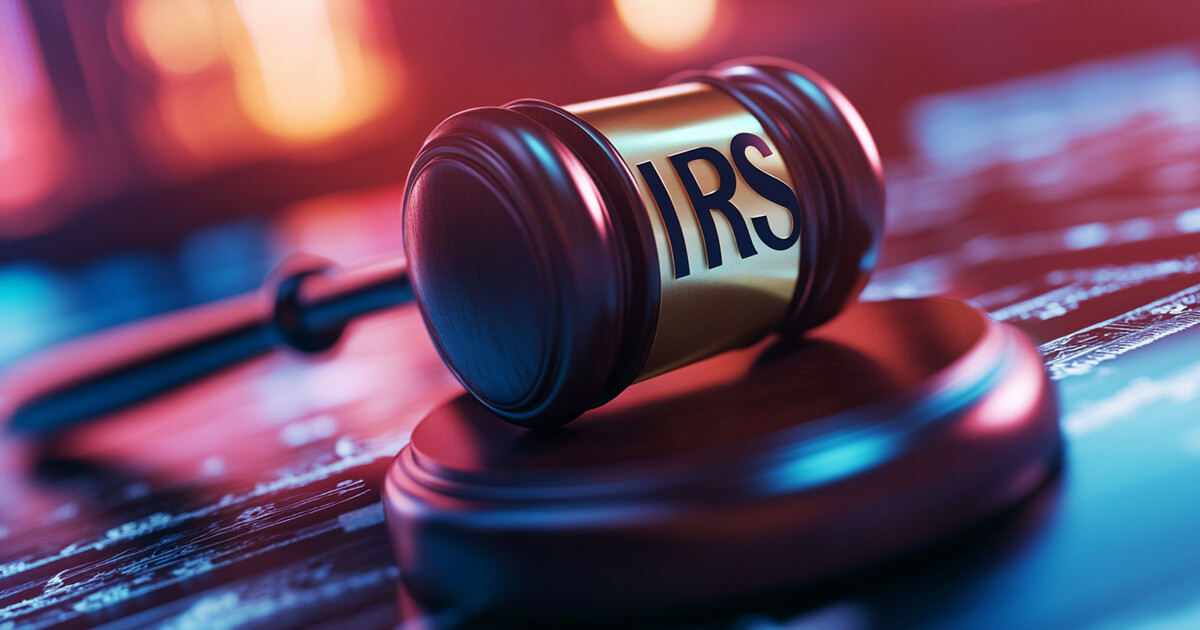
2019-10-13 12:37 |
The US Internal Revenue Service (IRS), a bureau of the Department of Treasury, recently added a question regarding cryptocurrency ownership to its standard 1040 income tax form for the upcoming tax filing season.
A draft of the “Additional Income and Adjustments to Income” section of the latest 1040 form was released. It included a change made to the “Additional Income and Adjustments to Income” section. The additional question on the new 1040 form asks:
“At any time during 2019, did you receive, sell, send, exchange, or otherwise acquire any financial interest in any virtual currency?”
The question requires only a yes or no response, and does not ask for any additional information.
Tax professional Kelly Phillips Erb writes:
“Why does the location of the checkbox matter? Compliance. The checkbox is ostensibly on the form to remind taxpayers to report their cryptocurrency transactions. But those tax professionals like me who have seen the response to the checkbox on Schedule B know that this is also an easy way to hold those who don’t check the box – even by accident – accountable.”
She adds:
“The IRS can and has taken the position that willfully failing to check the box related to offshores interests can form the basis for criminal prosecution. Failing to check the box by accident can still result in headaches and penalties. I fully expect a similar result on the cryptocurrency side.”
The form’s main sections, “Additional Income” and “Adjustments to Income,” appear below the question.
“Taxpayers who file Schedule 1 to report income or adjustments to income that can’t be entered directly on Form 1040 should check the appropriate box to answer the virtual currency question. Taxpayers do not need to file Schedule 1 if their answer to this question is NO and they do not have to file Schedule 1 for any other purpose,” the IRS noted.
The tax agency requested that its software partners send comments regarding the new form withing the next 30 days.
The IRS has also issued new guidelines for reporting taxes on crypto airdrops and hard forks.
The tax authority’s guidance answers questions regarding crypto-related transmissions for investors who hold digital currencies as a capital asset and establishes general guidelines of tax law to determine whether cryptocurrency qualifies as property for federal tax filing purposes.
Last month, US-based accounting firm H&R Block began serving as an intermediary between crypto investors and the IRS. The agency had previously sent letters to digital asset traders who failed to report capital gains on their crypto holdings.
H&R Block can now help people who’ve conducted cryptocurrency-related transactions. The company provides consultations on how to properly file taxes on gains and losses made from digital currency investments.
origin »Global Cryptocurrency (GCC) на Currencies.ru
|
|
























